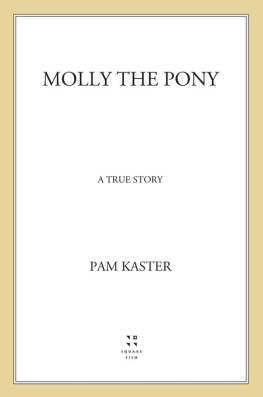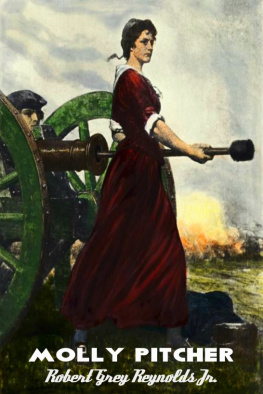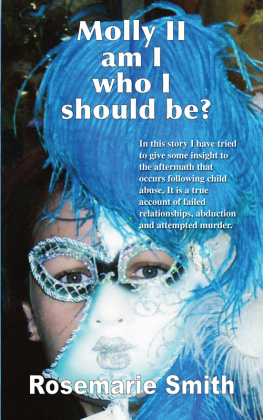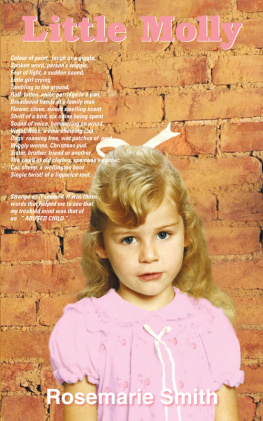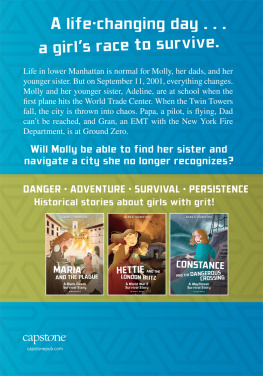
1990
Writing as Jill Barkin
SPRING, 1983
All spring days should be so verdant, all April suns so warm, all assassins so reliable.
They looked like ordinary tourists. Dressed in cotton slacks and knit shirts, the four dark-haired men entered Rome's Leonardo da Vinci terminal through different doors and quietly took their places. They were waiting for the arrival of one of the passengers for the four-fifteen flight to Athens. The Uzis packed in their carry-on bags were loaded and capable of firing 650 r.p.m.
Jacobsen would be traveling alone, under a Belgian passport, they'd been told, and could be expected to check in by 3:40 at the latest. So stationed within machine-gun range of the check-in counter, they waited, relying on Jacobsen's weakness for order-a dangerous vice for a courier. The plan had been walked through so many times it was etched on their memories like a perfectly choreographed ballet: From 3:30 to 4:00, get in, assassinate Jacobsen, and get out. At 4:07 their driver would leave, with or without them.
With an apparent casualness that disguised the adrenaline pumping through their senses, each watched the clock behind the counter. The minutes ticked by. Three-forty came and went By 3:45 a restless unease set in. Where was he? Were the planners wrong? The men waiting were zealots, not accountants: They followed orders. And if the orders were faulty Two of the men were visibly sweating, although the air conditioning was on in the modern glass-fronted terminal.
Three-fifty. The crowd was increasing. Children were everywhere. Was it a holiday? One of the Italian saints' days? A toddler's ball rolled too close to one of the waiting men and he roughly kicked it away. Three fifty-two. One of the assassins extracted a cigarette from his shirt pocket, lit it, and inhaled deeply on the dark Turkish blend.
Three fifty-four. A carabiniere walked directly toward the gunman stationed near the phone boxes. The man with the cigarette signaled briefly with a half-lifted hand, palm down. Do nothing. The policeman walked to within a foot of the phones, reached out and picked up the receiver, resting it on one shoulder while he slipped in a coin and began dialing. All four men began breathing again.
Three fifty-five. The youngest, his moustache only a fuzzy suggestion, nervously checked the zipper on his nylon bag, then glanced at the clock. Time was running out.
But at 3:56 and ten seconds, Jacobsen swung through the glass doors and strode toward them, looking fit, sporting a new tan. And also sporting a beautiful traveling companion. She was young, dazzling, long-legged in a mini-skirted pink sundress, looking thoroughly western from the top of her raggedy cut golden hair to the tips of her painted toes. The planners had been wrong on two counts: He was late and was not traveling alone, although Jacobsen's reputed libido no doubt accounted for the adjusted priorities. It was common knowledge the man favored a libertine's lifestyle although his excesses didn't evidence themselves in his healthy physique. But perhaps the edge was off. One could but hope.
In the next two seconds zippers on nylon bags were ripped open. Safeties flipped off a second later, and, with the precision of practice, four Uzis opened up with a barrage of deadly fire. Three machine guns simultaneously swept over Jacobsen, the woman, and the crush of people around him; the fourth detoured briefly to swing toward the carabiniere on the phone. One side of the policeman's head disappeared. The gunmen made a last pass of the area of tile floor where Jacobsen lay in a tumble of bodies, a tidy, methodical act to see that no one moved. Professional thoroughness. Then, satisfied he was dead, they sprinted for the glass doors.
The screaming crowd scattered before the running men like frightened birds. A policeman blocked their way for a few foolish seconds before eighty rounds of spraying death spattered bits of his shredded flesh on the shrieking throng scrambling out of the way. His body hit the shiny black floor in a widening pool of blood.
Outside, just past the line of legal cabs, a car idled with its parking lights on. The lights flashed once before the sedan wheeled over to the running men and slowed enough to let them jump in.
It was 4:02 when the black Mercedes with West German plates smoothly accelerated and sped away from Leonardo da Vinci airport.
E gon had had several leisurely grappas while waiting for his flight to Paris. His throat still felt warm from the liquor as he left the coffee bar and turned the corner into the main hall, but it closed up in terror when the guns opened fire. He froze, gasping for air, clutching the wall, his instincts screaming, Back! Go back! But he was paralyzed with fright, incapable of movement. How did they know I was here? he hysterically thought. He'd only decided himself on the spur of the moment to accept Jean-Claude's invitation for the weekend. No one should have known. He hadn't told a soul. Not his valet, not his housekeeper. Not even Jean-Claude.
It took a full ten seconds while he anticipated bullets ripping into him before he realized the gunmen's target was at the counter across the floor from him. And then another five seconds more before he found the strength to slide back around the corner, out of sight. He clung to the wall, shaking, drenched in sweat while visions of falling bodies, blood, unearthly screams with almost a corporeal quality assaulted his mind.
He wasn't the target; someone else was, he concluded for a short moment before an irrational fear overwhelmed the logic. Egon had been living on the brink of collapse since the dramatic warning last month when his favorite sports car had been wired and blown up in his own courtyard. The car had been parked only ten feet from his front door. In broad daylight. Every window on the palazzo facade had been shattered, the entrance door blown off its hinges. The damaged building had resembled jaws of hell, explicit in its threat. Not that he'd needed the additional persuasion.
Egon von Mansfeld knew what Shakin Rifat and his cadre were capable of. He'd been a fool to indulge him beyond the polite amenities of the society they both occasionally frequented. Shakin Rifat was no ordinary arms broker. As head of a family once influential in Turkish government, Rifat had connections in Europe. Supporters and sympathizers. He was always in the market for arms. And Egon von Mansfeld was one of the heirs to West Germany's second largest munitions works. Even high, Egon knew why Rifat had approached him. But the euphoria was too strong that night at the party after the races. He hadn't politely declined and walked away. He'd listened to Rifat's proposition. And bragged too much. The next day, after he'd come down, he'd backed out of the preliminary negotiations for the submachine gun prototypes the Von Mansfeld Works were developing.
Shakin Rifat hadn't been pleased. He'd been coveting the weapon ever since word of its revolutionary features had first leaked out. It was a caseless submachine gun radically different from any weapon design of the last fifty years. In experimental trials it had fired up to 2000 r.p.m., a virtual impossibility with conventional firearms. The single smooth outer casing had no protuberances or holes, and the pistol grip was at the point of balance. It had an unusual fifty-round throwaway magazine of plastic with small windows in the casing to allow the firer to see how many rounds were left. But its most novel features were its rotating cylinder mechanism and moving magazine, a design entirely different from anything that had been seen before in small arms, or in any other weapon for that matter.
Next page




